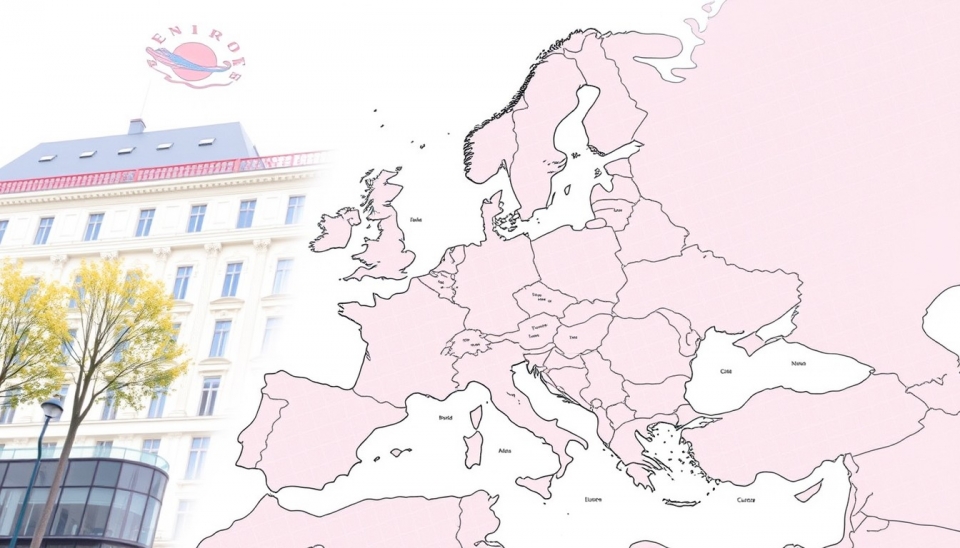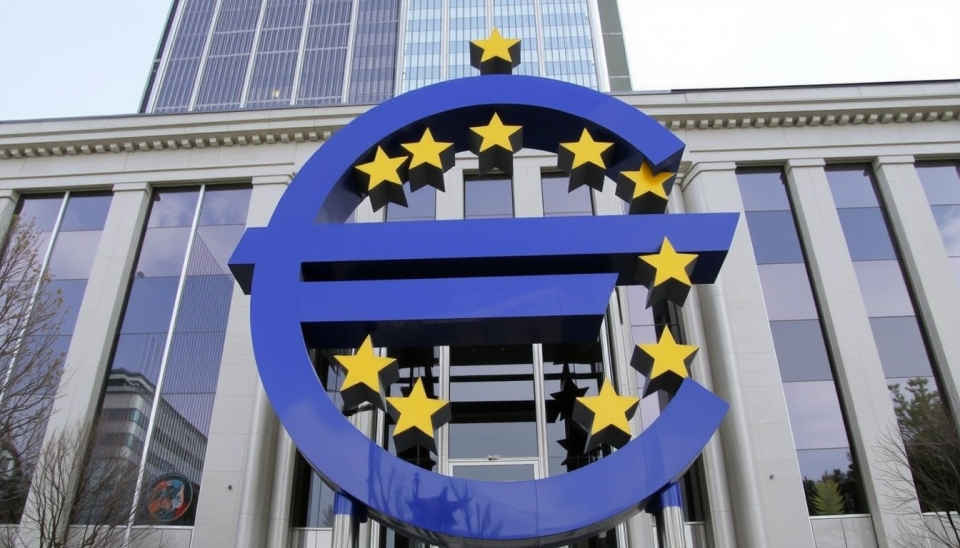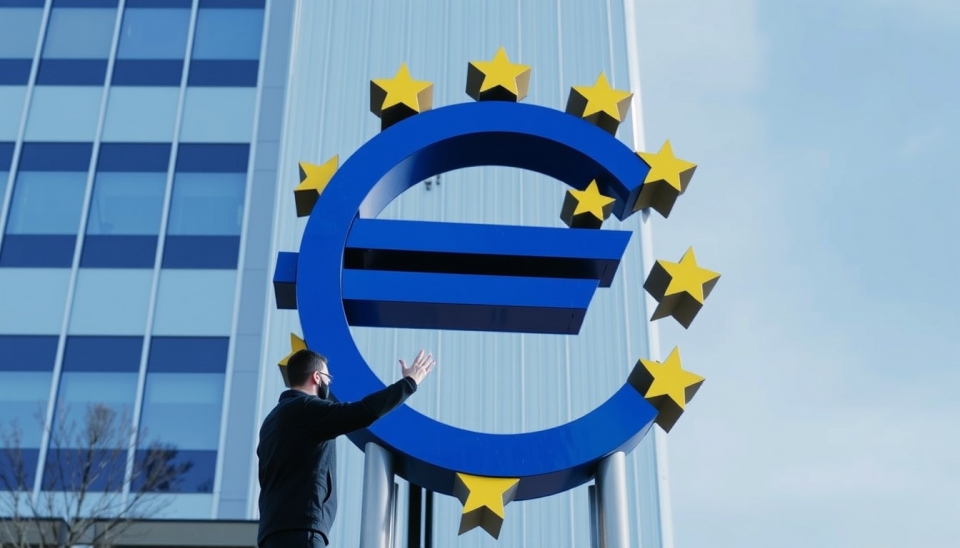Unexpected Economic Growth in the Eurozone in Q2 2024

The Eurozone economy recorded a growth of 0.1% in Q2 2024, which is significantly below analysts' expectations that predicted a stronger growth rate of 0.3%. This unexpected result is attributed to multiple factors, including internal economic issues, rising inflation, and supply chain problems. Notably, a significant decline in investment in the services sector has been one of the key factors negatively affecting the overall economic growth of the region.
Additionally, many countries within the Eurozone are reporting a slowdown in growth. For instance, the economies of Germany and France also displayed less impressive results, indicating a general slowdown in activity across the region. However, despite these challenges, experts are confident that the economic situation may improve if monetary policy and fiscal measures are more coordinated and effective.
Considering the current economic state, many central banks are contemplating providing additional support to avoid a deeper economic downturn. Monetary policy parameters remain flexible, and leaders of Eurozone countries are openly discussing various strategies aimed at restoring confidence among investors and consumers.
It is important to note that the ongoing uncertainty in global markets is also exerting considerable pressure on the Eurozone economy. External factors such as fluctuations in energy prices and trade tensions may create additional risks for future growth. Experts emphasize the necessity of exercising caution in forecasts and closely monitoring current events.
Thus, despite the few positive signals, the European economy faces serious challenges. The delicate economic conditions require Eurozone countries to take more active measures to restore growth to stable levels and enhance the economy's resilience to external shocks.
#Eurozone #Economy #Growth #Inflation #AdditionalSupport #GlobalMarkets




